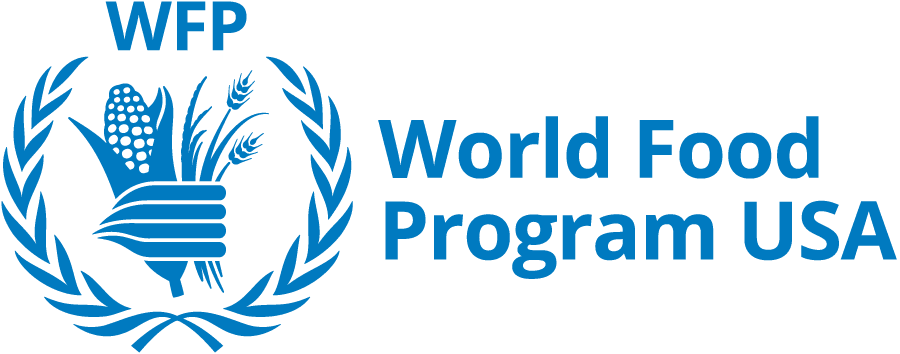Poverty & Hunger
Economic, environmental and political crises have fueled a worsening food security situation in Sierra Leone. On top of these challenges, rising prices have reduced people’s purchasing power and increased widespread poverty.
WFP provides food, cash and nutrition assistance to the most food insecure families.
 WFP/Michael Duff
WFP/Michael Duff

![Posseh Tamba, 28 years, Mattru town, Sierra Leone. (no WFP support)
Posseh is a petty trader who sells food items. Like many petty traders, Posseh is always accused by her customers of increasing the price of the goods she sells.
"Everyone in Sierra Leone is trying to cope. Before, we used to sell three cups of rice for 5,000 Leones. [USD 50 cent]
Now, one cup of rice costs 2,000 Leones. [USD 20 cent]
And not everyone can afford
the two thousand leones to buy rice."
Sierra Leone is facing unprecedented levels of food insecurity.
Macroeconomic factors combined with the impacts of COVID-19 are creating a challenging environment for farming communities. An increase in fuel prices has affected market prices, while the inflation of currency decreases the purchasing power of individuals.
Since 2019, the price of rice has increased by 38%. For other goods like cassava, prices went up by 36%. (CSFVA Report May, 2021)](https://www.wfpusa.org/wp-content/uploads/2025/04/WF1233769_20210511_SLE_High_Food_Prices-2.jpg)



